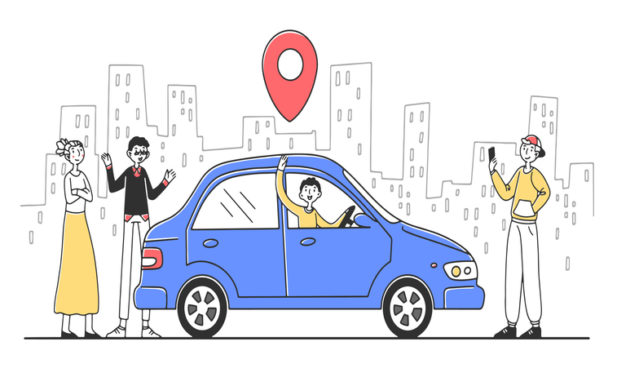Summary of Supreme Court of Canada Case involving Uber Drivers

Uber Drivers are currently involved in a class action lawsuit against the well-known rideshare program. The drivers argue that despite the wording of their agreement with Uber, they should be considered employees and not contractors. This is an important distinction. Unlike contractors, employees are eligible for minimum wage, vacation pay, and other protections under Ontario’s Employment Standards Act. Contractors do not typically receive these benefits.
Should the drivers prevail in this class action lawsuit, the cost of operating Uber will likely increase significantly. Furthermore, it is likely that a decision in favour of the drivers would have related effects for drivers working for SkipTheDishes, UberEats, DoorDash, and other delivery companies.
On June 26, 2020, the Uber drivers scored an important victory at the Supreme Court of Canada. Uber’s agreement with its drivers sets out that all disputes between the drivers and the company must be resolved via an Alternative Dispute Resolution process (ADR) based out of The Netherlands. The ADR provision of the agreement necessitated that the driver pay up-front administrative and filing fees of $14,500 USD, plus legal fees and other costs, to participate in the ADR process.
To try and prevent the class action lawsuit from moving forward, Uber argued that because of this ADR provision, the drivers were prevented from starting a lawsuit here in Canada. Fortunately for the drivers, the Supreme Court of Canada disagreed with Uber’s position and found that the Uber drivers were permitted to move forward with their lawsuit.
While this dispute is far from over, it’s an important step forward for Uber drivers. Uber drivers do not receive many of the benefits that conventional employees receive and success here would be a major victory for workers in the so-called “gig economy”.
There are risks for these drivers, however. Should they ultimately succeed in this lawsuit, some companies may decide that operating costs have become too expensive and simply leave the Canadian market. This exact scenario played out recently with the delivery company Foodora. Foodora had operated in Canada since 2015, but due to a unionization push by its delivery drivers, the company opted to leave the market to avoid the increased operating costs. It remains to be seen whether Uber and other companies will follow their lead.
About the Authors

Nick understands that those who have suffered through the trauma of a serious personal injury are already in a position of vulnerability, and is committed to helping them through this difficult process, offering the support and advice they need. Specifically, he seeks to help right the balance in an insurance system that is becoming increasingly antagonistic toward injured individuals.
